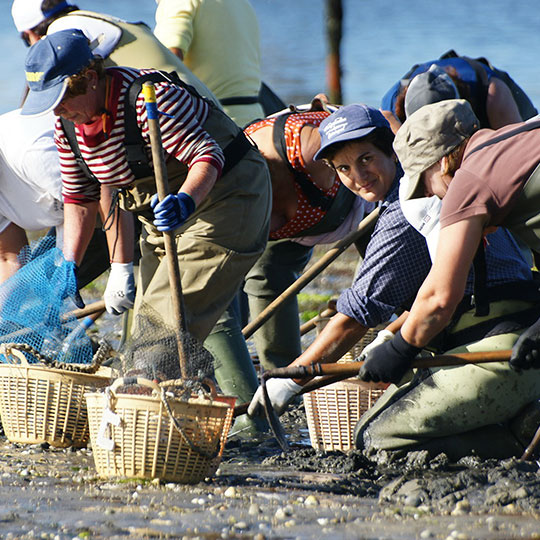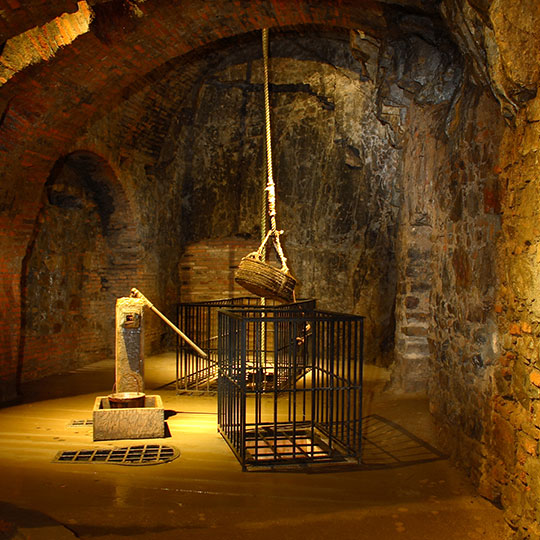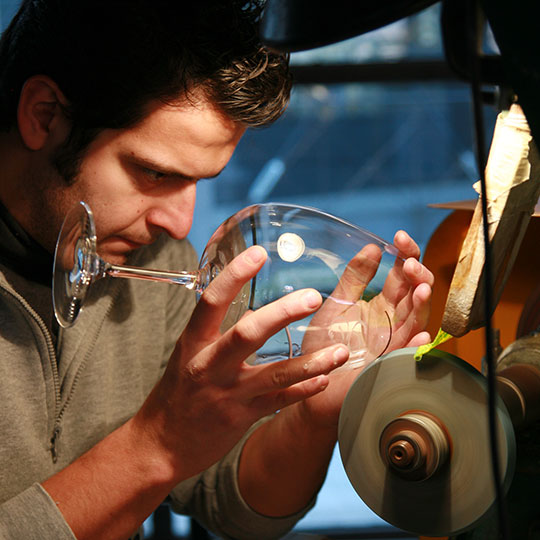The wide range of industrial tourism options reflects Spain’s diversity. Thus, in Galicia, we can get an insight into its relationship with the sea and its shipping, fishing and canning industries; in Asturias, we can visit its mines; in Cantabria, we will see how its splendid landscapes combine with its productive activity; the Basque Country and Catalonia, are great places to see remnants of the industrial revolution; in Castile-La Mancha and Castilla y León, we will discover the logic between their vast cereal fields and the flour industry with historical infrastructures such as the Canal de Castilla; in Aragon, its infrastructures show the region's connection to water; in Andalusia, the importance of oil and the agri-food industry are key features and, in Madrid, we see the industrial expressions typical of a capital city.









